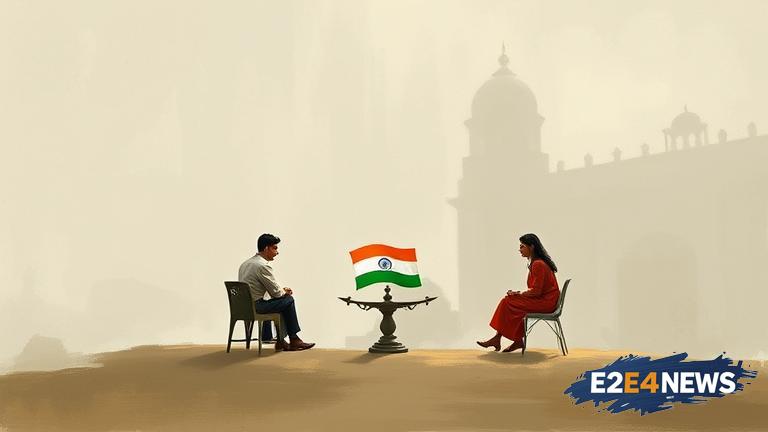The topic of reservation in India has been a contentious issue for decades, with various groups and politicians weighing in on its importance and implementation. Recently, Akhilesh Yadav, a prominent Indian politician, made a statement that reservation will only survive if the Constitution survives. This statement has sparked a heated debate on the significance of reservation and the role of the Constitution in upholding it. On Aarakshan Divas, a day dedicated to the discussion of reservation, Yadav’s comments have brought attention to the delicate balance of power and the Constitution. The Constitution of India, adopted in 1950, enshrines the principles of equality and justice, and reservation is seen as a means to achieve these goals. However, the implementation of reservation has been marred by controversy, with some arguing that it is essential for social justice, while others claim it is unfair and perpetuates inequality. Yadav’s statement highlights the importance of the Constitution in safeguarding the rights of marginalized communities. The Indian Constitution has undergone numerous amendments since its adoption, with some aimed at strengthening reservation provisions. Despite these efforts, the effectiveness of reservation in promoting social justice remains a topic of debate. Critics argue that reservation has failed to address the root causes of inequality and has instead created new problems, such as reverse discrimination. On the other hand, proponents of reservation argue that it is essential for providing opportunities to historically disadvantaged groups. The Supreme Court of India has also played a crucial role in shaping the reservation policy, with landmark judgments that have upheld the Constitution’s provisions. However, the Court has also faced criticism for its handling of reservation cases, with some arguing that it has failed to provide clarity and consistency. As the debate on reservation continues, it is essential to consider the historical context and the social and economic realities of India. The country’s diverse population, with numerous castes, tribes, and communities, presents a complex challenge for policymakers. The implementation of reservation has been uneven, with some states and institutions doing better than others in providing opportunities to marginalized groups. Furthermore, the issue of reservation is closely tied to other social and economic issues, such as poverty, education, and healthcare. Addressing these underlying issues is crucial for creating a more equitable society. In conclusion, the statement by Akhilesh Yadav highlights the importance of the Constitution in upholding reservation rights. As India continues to grapple with the challenges of social justice and equality, it is essential to consider the role of the Constitution and the implementation of reservation in promoting the rights of marginalized communities. The debate on Aarakshan Divas serves as a reminder of the need for continued discussion and action on this critical issue. With the Constitution as a guiding framework, India can work towards creating a more just and equitable society. The country’s progress on reservation will be closely watched, and it remains to be seen how the government and policymakers will address the challenges and complexities surrounding this issue. Ultimately, the survival of reservation depends on the survival of the Constitution, and it is up to the citizens of India to ensure that the principles of equality and justice are upheld. The future of reservation in India is uncertain, but one thing is clear: the Constitution will play a vital role in shaping the country’s approach to social justice. As the nation moves forward, it is essential to prioritize the values of equality, justice, and fairness, and to work towards creating a society where all citizens have access to opportunities and resources. The discussion on Aarakshan Divas is just the beginning, and it is up to the people of India to continue the conversation and push for meaningful change. By doing so, India can create a brighter future for all its citizens, regardless of their background or social status.
